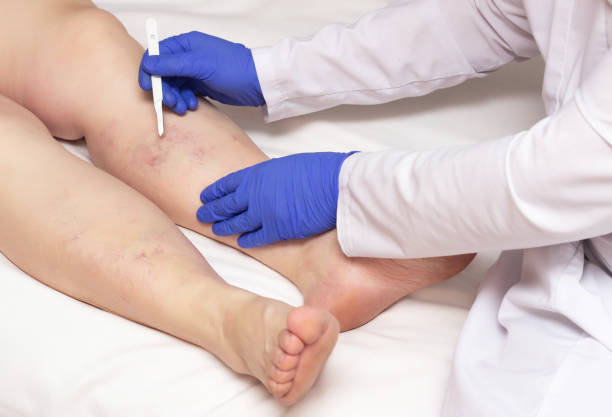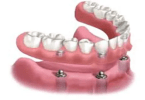
Doctor vascular surgeon holds a scalpel near the legs of a woman with a disease of varicose veins of the lower extremities. The concept of treating varicose veins with surgery, healthcare
Vascular surgeons can be defined as specialists who look into the diseases of the vascular system. The specialists do not just concern themselves with vascular surgery. They also take care of the diagnosis, post-surgery treatment and provide information about the vascular system. They can effectively manage treatments varying from medication to operative intervention.
All kinds of diseases arising from the artery and veins should be treated only by vascular surgeons.
The Conditions in The Veins and Arteries Which Vascular Surgeons Treat
Some of the conditions in the veins and arteries that they treat are mentioned below:
- Aneurysm:An aneurysm can be defined as either a weak spot or a bulge in the artery.
- Deep vein thrombosis:At times, blood clots can occur in a vein underneath the skin. This is called deep vein thrombosis, and vascular surgeons look into it.
- Atherosclerosis:In this condition, the plaque grows on the artery walls. Vascular surgery helps to deal with this condition.
- Peripheral artery disease:The blood vessels carrying blood to the neck or leg get narrowed or blocked in this type of condition.
- Vein injury:Veins that get injured due to some accident or trauma.
- Venous Ulcers: They can be defined as non-healing wounds due to poor blood flow.
Vascular Surgeons Perform Different Types Of Surgeries
One of the significant functions of vascular surgeons is to carry out surgeries.
A few of the surgeries carried out by them are discussed below:
- Angioplasty and Stenting: A vascular surgeon inserts a catheter in the narrowed artery in angioplasty. This catheter always constitutes a balloon, which is inflated once placed inside. A stent is also put in the blocked or narrowed artery. This type of surgery treats two conditions:
- Peripheral artery disease
- Carotid artery disease
- Arteriovenous Fistula: This is another kind of vascular surgery. A vein in the wrist or forearm is connected to the artery. The vein gets stronger and broader because of this.
- Atherectomy: The vascular surgeon inserts a specialized catheter in the blocked artery. Unlike angioplasty, the health specialist cuts the plaque and removes it from the blood vessel. The catheter helps in this process. Patients who suffer from peripheral artery disease go through this procedure.
- ArteriovenousGraft: An AV fistula allows a vein to be accessible for dialysis. In this procedure, too, a vein is connected to an artery. But this is done through a synthetic tube.
- VascularBypass Surgery: This kind of surgery involves manufacturing a substitute channel to ensure blood flow. This is carried out by bypassing a damaged blood vessel. The surgery can be carried out on patients who suffer from the following conditions:
- Peripheral artery disease
- Mesenteric vascular disease
- Vertebrobasilar disease
- Renal vascular disease
Bottom Line
Vascular surgery has reached new heights in the country today. There are a lot of vascular surgeons who are working tirelessly for different patients. They look into the patient’s diagnosis, surgery, and proper care.






